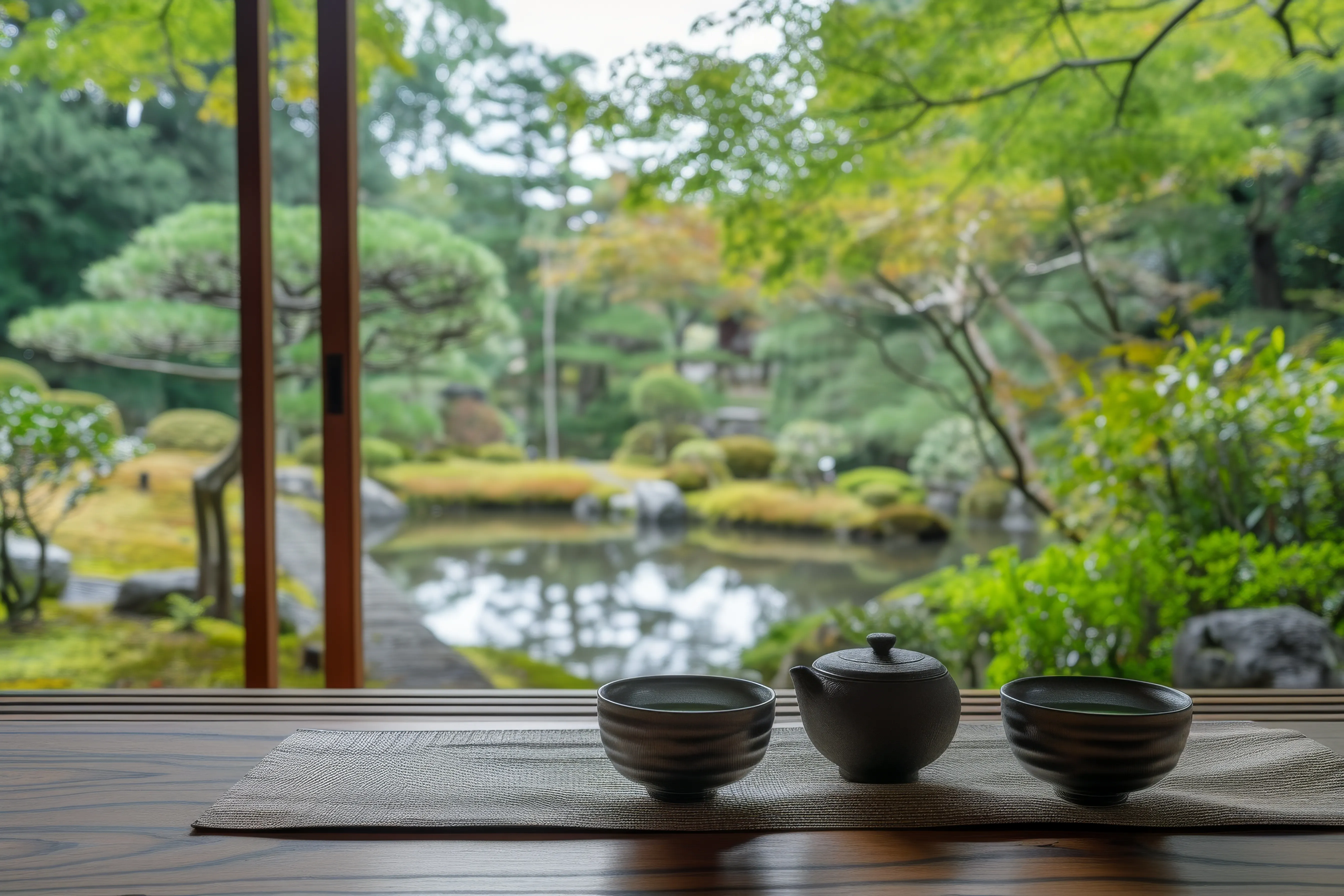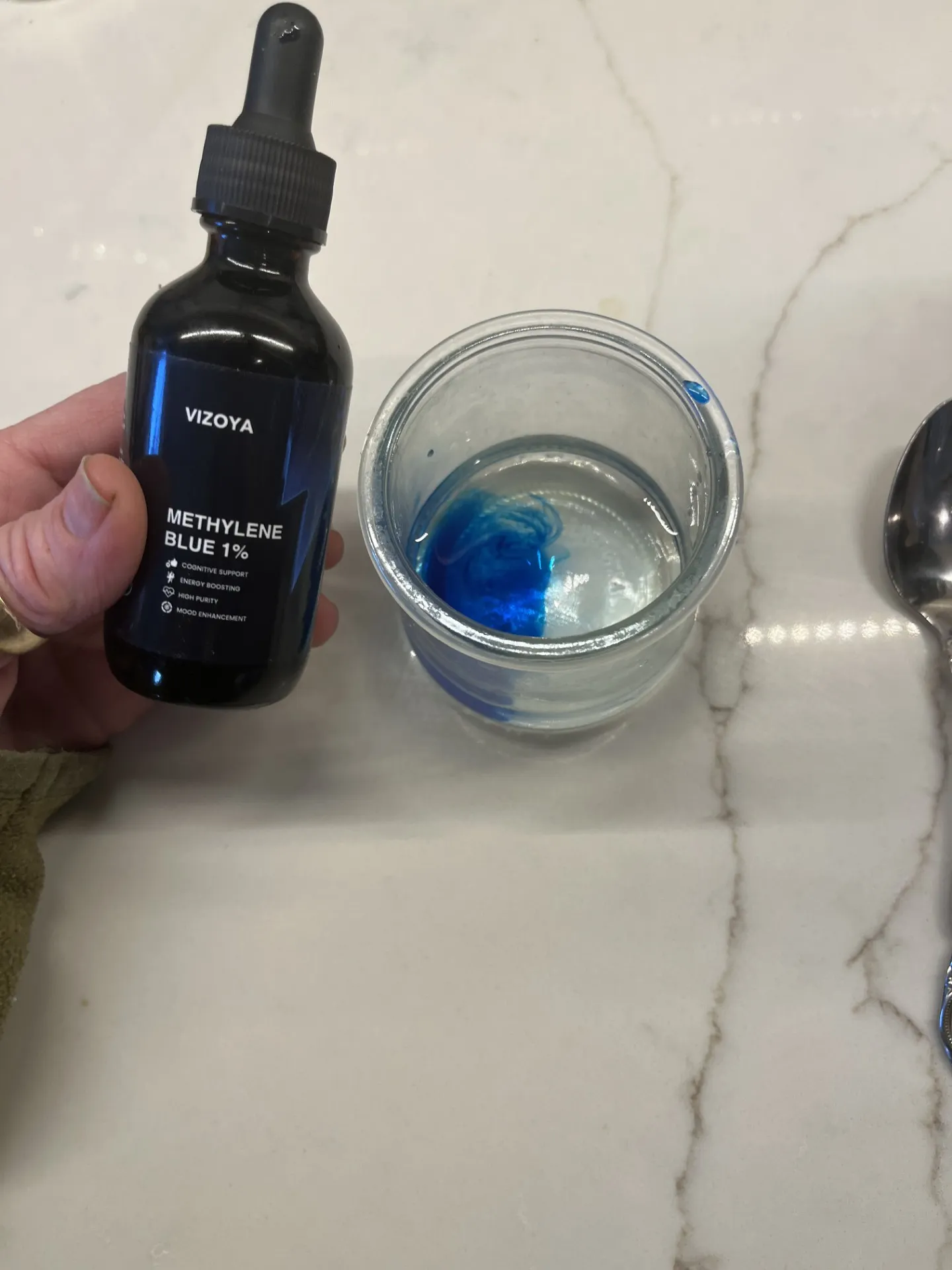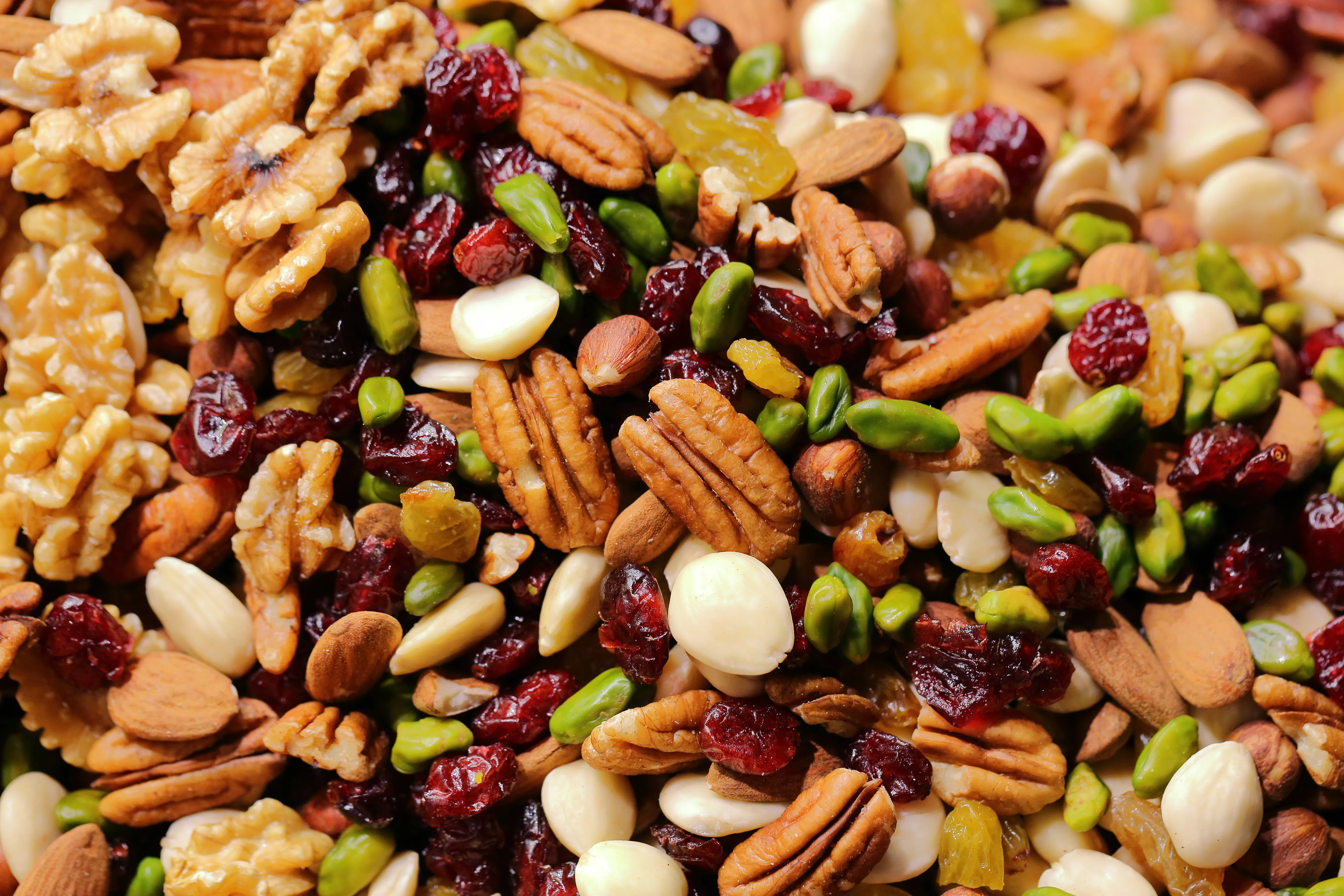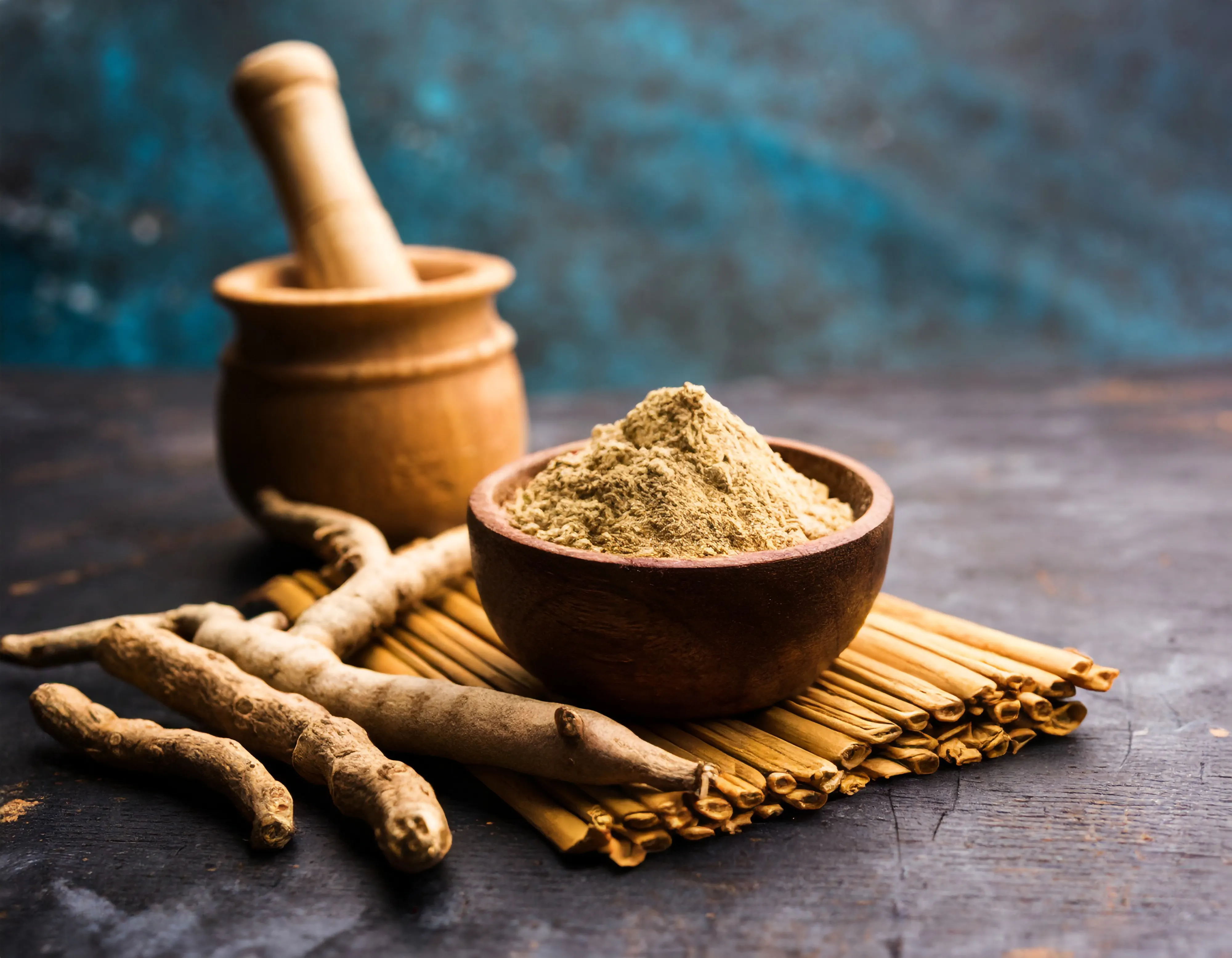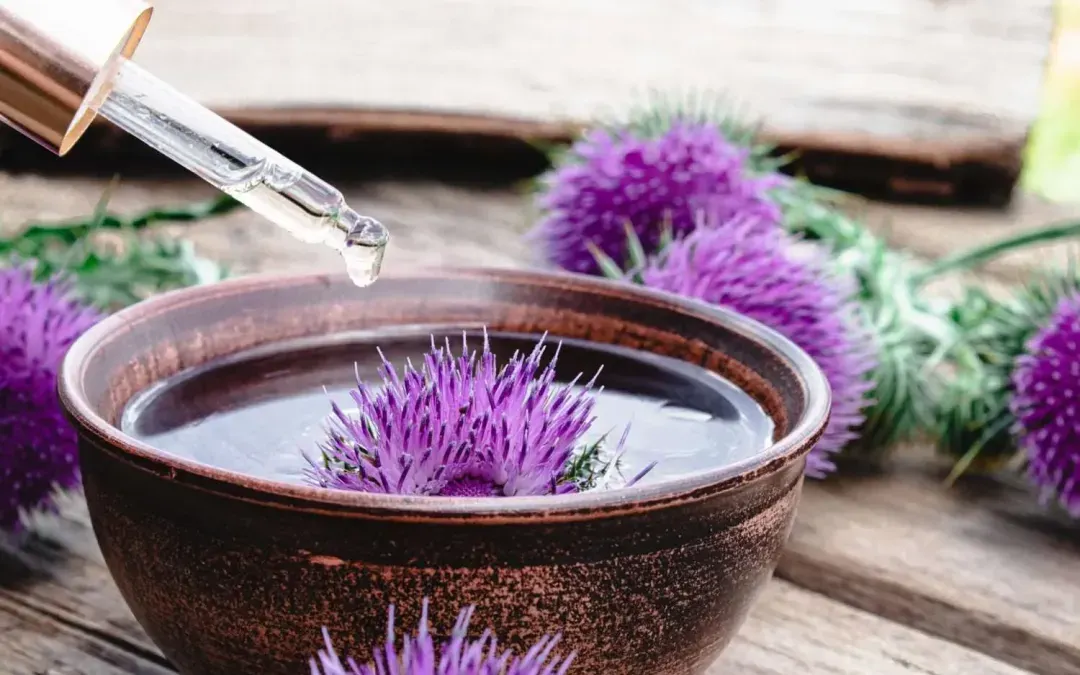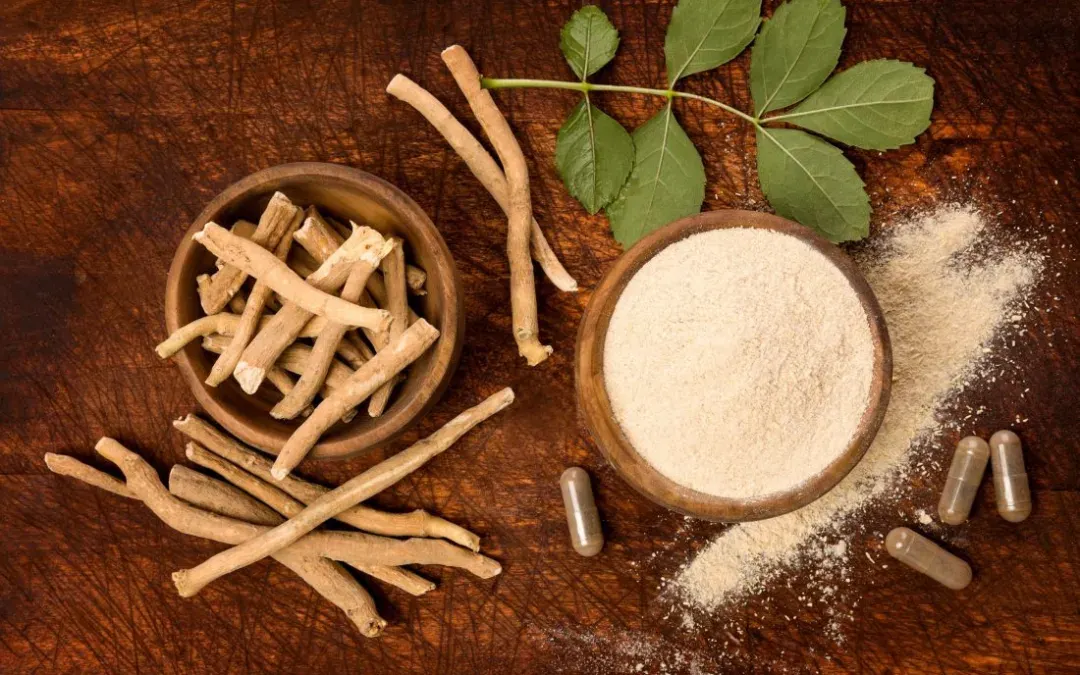The Natural Power of Matcha's Epigallocatechin-3-Gallate (EGCG)
Matcha Mornings
by Christina Blanchard-Horan, PhD
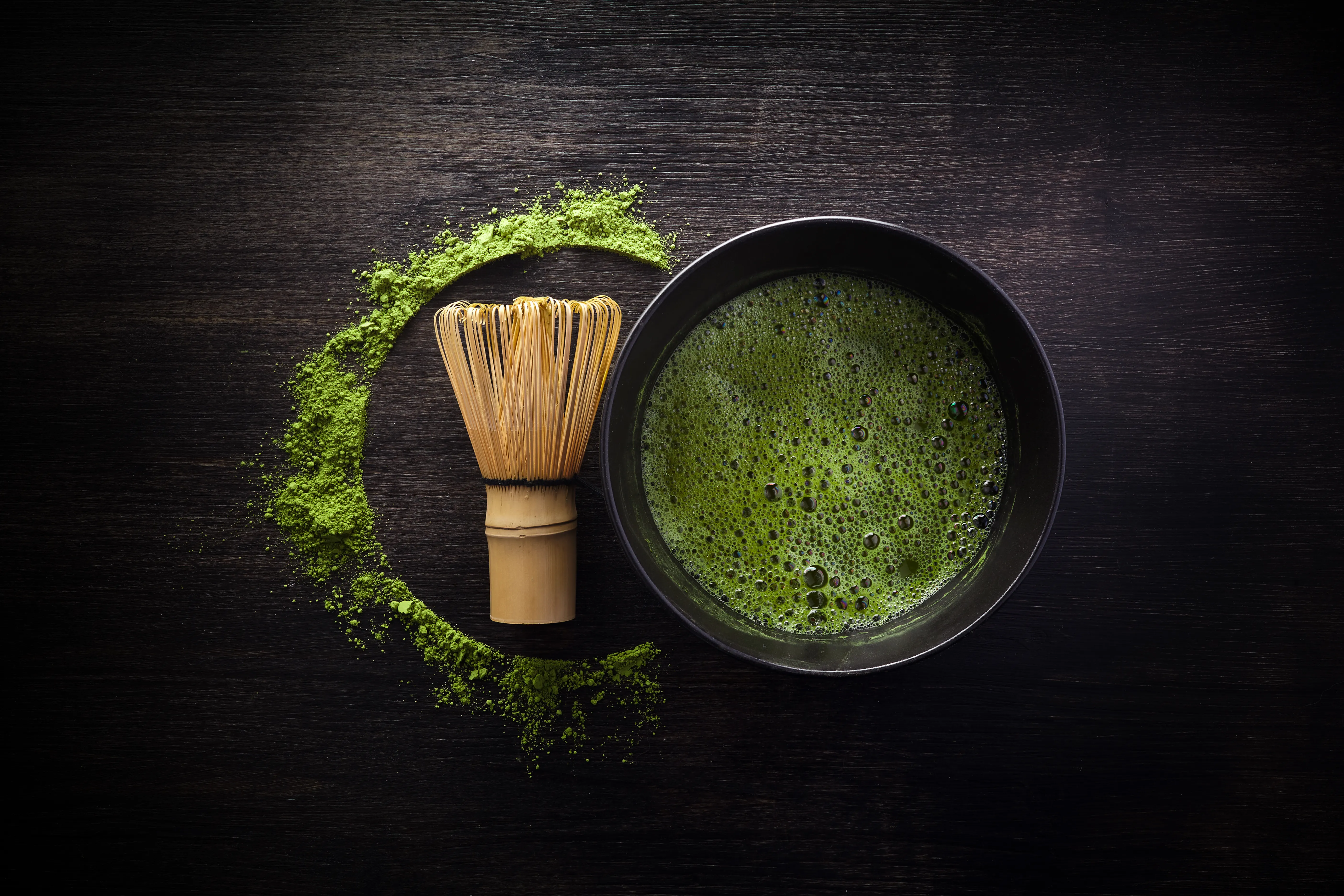
I was diagnosed with Chronic Lymphocytic Leukemia in 2022. I made a decision to go chemical free. I did not want any drugs to "heal me." I thought to myself, it was man made chemicals that got me into this fix. I was going to tap Mother nature to help me get out it.
The American Cancer Society - about Chronic Lymphocytic Leukemia
https://www.cancer.org/cancer/types/chronic-lymphocytic-leukemia/about/what-is-cll.html
In my quest for better health and wellness, I stumbled upon the incredible benefits of epigallocatechin-3-gallate (EGCG), a powerful antioxidant found in green tea. Little did I know, this discovery would lead me to embrace a new morning routine with one of the best sources of EGCG—matcha. Join me as I share my journey of exploring EGCG, understanding its sources, and ultimately finding the perfect way to incorporate it into my daily life.
Exploring the Benefits of Epigallocatechin-3-Gallate (EGCG) and
My Journey to Matcha
I recently started looking into epigallocatechin-3-gallate (EGCG) as a way of helping heal from Chronic Lymphocytic Leukemia and where I could find it. The first option that came up was a pill supplement. However, I knew that wouldn't work for me. I have a history of taking supplements for about 30 days before giving up. Simply put, taking pills isn’t my thing—I really dislike swallowing them.
So, I decided to see if EGCG was available in powder form. It turns out that EGCG can indeed be purchased as a powder, and it's also found in green tea extract, green tea powder, and other products. This was promising!
What I found particularly exciting was that matcha, a type of green tea I’d been craving for months, is exceptionally high in EGCG. In fact, matcha contains at least three times more EGCG than other popular green teas. One study even found that drinking matcha provides 137 times more EGCG than China Green Tips green tea.
As luck would have it, I had just run out of my regular green morning powder. It felt like the Universe was telling me it was time to switch to a matcha supplement. But now, the question was: which matcha product would be the best?
Time to dive into the reviews and find the perfect matcha to start my new morning routine. Based on everything I’ve learned, I’m excited to make matcha a part of my daily life, reaping the benefits of its high antioxidant content, especially the abundant EGCG.
Natural Allies Fight Against Cancer
When I received my diagnosis of Non-Hodgkin’s Lymphoma at 63, I had already lived a life conscious of health, but there was one factor that seemed to have played a role in my condition—my use of Roundup for nearly a decade. Though I hadn't been aware of the risks then, the potential for chemicals to impact our well-being became clearer. After being diagnosed, I committed myself to learning everything I could about healing, seeking out stories of survivors and those who had reversed their diagnoses with natural approaches. One case, in particular, stood out: a man who had achieved remission without chemotherapy, instead opting for natural treatments—including the regular consumption of matcha green tea.
The Healing Power of Green Tea and Matcha
Both green tea and matcha have long been revered for their health benefits. These beverages are packed with powerful compounds, especially a class of antioxidants known as catechins. One catechin, in particular, epigallocatechin-3-gallate (EGCG), is responsible for much of the anti-cancer activity associated with green tea. Green tea has been shown to have a range of benefits, including:
- Anti-carcinogenic properties
- Anti-inflammatory effects
- Cardiovascular protection
- Antioxidant activity
- Enhanced metabolism
Matcha is a form of green tea, but its potency is far greater. Since the leaves are ground into a fine powder and consumed whole, matcha provides up to 137 times more EGCG than traditional green tea.
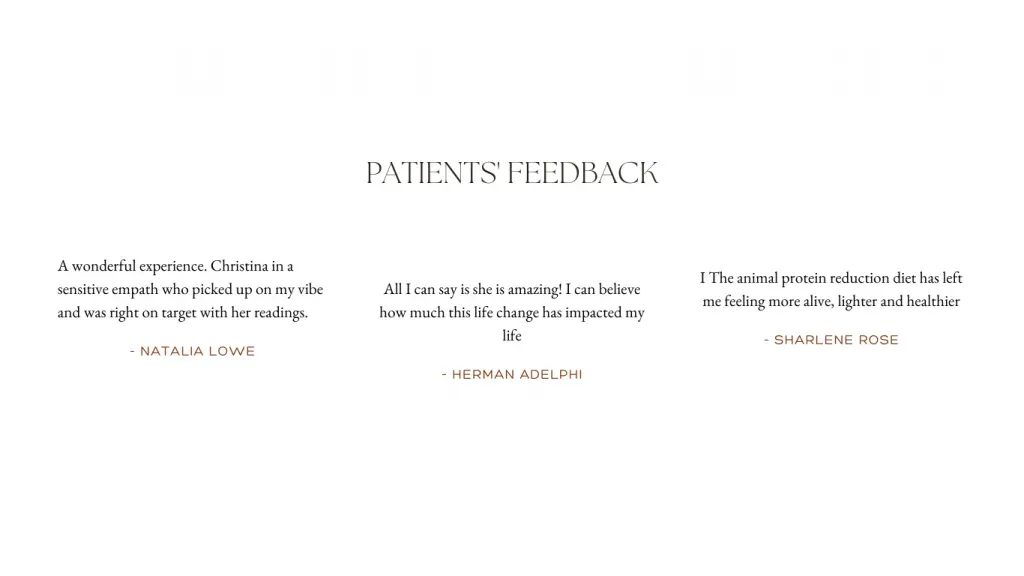
Green Tea Catechins: Preventing and Treating Cancer
Studies have shown that the catechins in green tea, particularly EGCG, can inhibit cancer cell survival and proliferation. Research suggests that green tea may also help prevent cancer from spreading to other parts of the body (metastasis). A variety of mechanisms are at play here:
- Blocking VEGF Receptors: Chronic Lymphocytic Leukemia (CLL) cells produce VEGF, a substance that promotes cancer cell survival. EGCG blocks these VEGF receptors, causing the cancer cells to die. Studies have shown that EGCG can reduce VEGF activity and the resistance of CLL cells to apoptosis (cell death).
- Targeting Cancer Stem Cells (CSCs): Matcha has been shown to inhibit the growth of cancer stem cells, particularly in breast cancer, by interfering with key metabolic pathways that fuel their growth.
- Epigenetic Modifications: EGCG may influence the expression of genes involved in cancer cell survival, turning off harmful genes and turning on beneficial ones.

My Matcha Routine: Supporting My Own Healing
After reading about the incredible benefits of matcha, I incorporated it into my daily routine, drinking two cups a day. I wanted to harness the power of EGCG, which has been shown to have a range of anti-cancer effects. In fact, a clinical trial revealed that the amount of EGCG required to see significant effects on CLL cells was equivalent to drinking about 40 cups of green tea a day—an overwhelming amount! Fortunately, matcha provides a much more concentrated dose of EGCG, making it easier to consume higher amounts without overloading on liquid.
My experience with matcha has been transformative. Not only has it been an empowering addition to my cancer-fighting regimen, but it has also reshaped my diet in surprising ways. For example, I’ve noticed that I no longer crave some of the foods I once loved, such as dairy-based cheeses. Instead, I find myself drawn to more plant-based alternatives that help my body feel vibrant and energized.
The Case of Remission with Matcha
One particularly inspiring story involves a man diagnosed with CLL in his 20s. After undergoing a splenectomy, he chose to follow a natural path to healing—foregoing traditional cancer treatments like chemotherapy. Over the next 30 years, this individual embraced a diet rich in plant-based foods, exercised regularly, and incorporated 1200 mg of EGCG daily, equivalent to five cups of matcha green tea. When he was last evaluated, he was cancer-free. This case highlights the potential of natural substances like matcha to complement or even replace conventional treatments in certain situations.
Mystic Services by Dr. Christina Blanchard-Horan, aka Mama Gigi
https://mystictransformationcoach.com/readings
Practical Advice for Cancer Patients
If you're considering adding matcha or green tea to your cancer treatment plan, it’s important to do so under the guidance of a healthcare professional, especially if you're undergoing conventional treatments. While the research on green tea and cancer is promising, it's always essential to tailor any new regimen to your specific health needs.
Key Tips for Incorporating Matcha:
- Start Slowly: If you're new to matcha, begin with one cup per day and gradually increase as your body adjusts.
- Consult Your Doctor: Especially if you're considering taking large amounts of EGCG (like those used in clinical trials), it's important to monitor liver enzymes to ensure there are no adverse effects.
- Focus on Quality: Choose high-quality, organic matcha to ensure you're getting the purest product possible without unwanted chemicals.
- Make It a Ritual: Enjoying matcha isn’t just about health benefits; it’s also about slowing down and being mindful. Take time to prepare and savor each cup.
The path to healing from cancer is deeply personal. For some, conventional treatments like chemotherapy are necessary. For others, a more natural approach can offer significant benefits. I’ve found that embracing matcha and learning from case studies of other survivors has empowered me to take charge of my health in ways that feel authentic and effective. Whether you're looking to support traditional treatments or explore alternative approaches, matcha offers a potent, science-backed way to boost your body’s natural defenses and nurture your healing journey.
Resources
Green Tea Catechins: Nature’s Way of Preventing and Treating Cancer
VEGF receptors on chronic lymphocytic leukemia (CLL)
Matcha Green Tea and Cancer Stem Cells
A Case of Complete Remission of Chronic Lymphocytic Leukemia
This blog post serves as both a personal reflection and a scientific exploration of matcha’s potential role in cancer treatment. I hope it encourages others to investigate the benefits of this powerful natural substance.
I found this post to be the most helpful
Here's to a healthier, greener start to the day!


